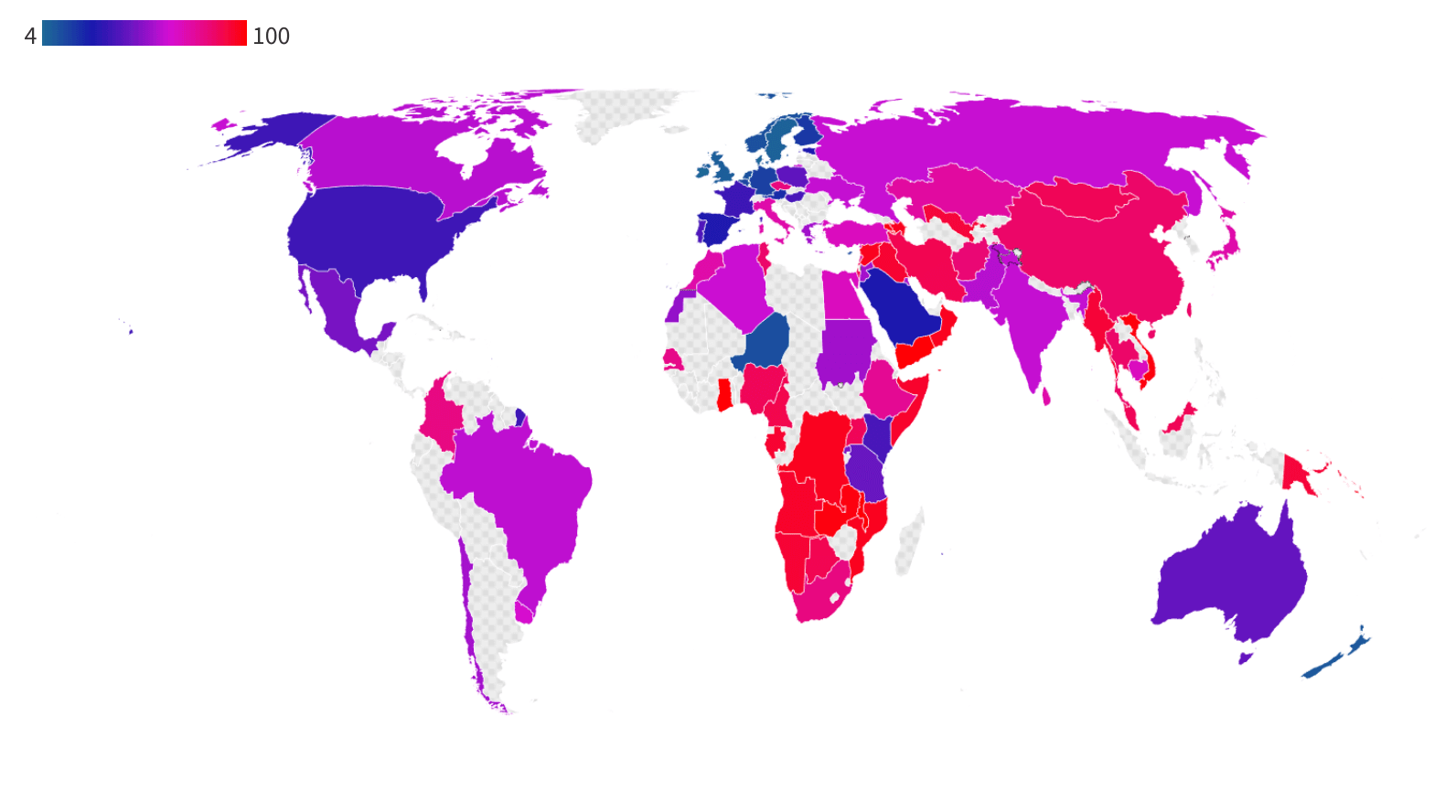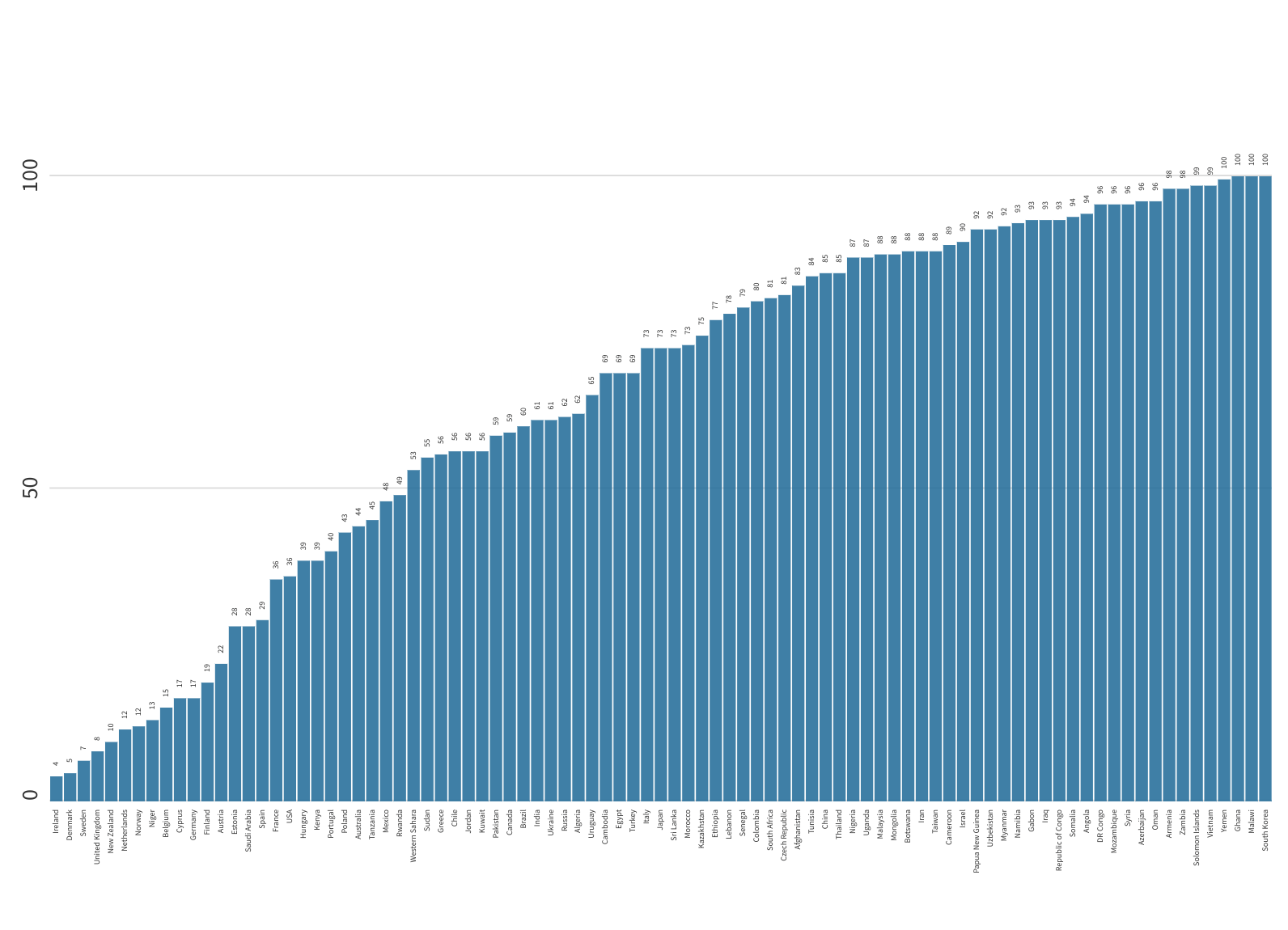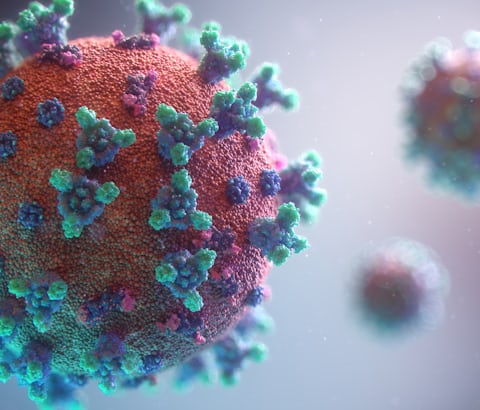Decolonization
Vegan Society of Canada News
April 19th 2024
There are various reasons to leave the typical North American diet behind, from health to the environment and ethics. However, today we will touch on decolonization, a motivation we don’t often hear about in Canada, the US and most of the G-20. But for some people, decolonization can be a major factor in the adoption of veganism or a change of diet.
For many, the typical North American diet is unhealthy, unsustainable, unethical, and a reminder of exploitation. Many countries that were colonized by European settlers brought with them not only different customs, philosophies and values but also a different diet. The difference is perhaps best shown with dairy. Genotyping studies show that 74% of the world is lactose intolerant, and those that can tolerate it are of European descent and/or from populations with a history of animal agriculture and milk consumption. Despite this fact, many countries—especially those with strong dairy lobby groups—continue to push dairy even though it makes people sick.


If you are not of European descent and governments, NGOs and businesses are constantly pushing products that make you sick, it quickly becomes oppressive. In Canada, a notable stride was made with the removal of the dairy group from the official food guide, thereby addressing the needs of the 59% of Canadians who are unable to tolerate dairy products. However, substantial room for improvement remains, as numerous public institutions and entities persist in receiving government funding to promote dairy consumption.
Dairy is just one instance of this phenomenon; another example lies in what is often referred to as “soul food”. While the extensive history of slavery in North America is beyond the scope of this article, suffice it to say that slaves were often provided with the scraps and leftovers from animals, parts that today might be relegated to processed foods or deemed unsuitable for human animal consumption. Regrettably, over time, these culinary practices became ingrained in the culture of certain communities, to the detriment of their health.
One reason capitalism has been able to sustain itself and continue its expansion is its ability to commodify virtually anything for consumption. Profit maximization, which is an important feature of capitalism, has the capacity to absorb, reduce and commodify political values, including radical movements for social justice, such as feminism and veganism.
In the case of feminism, companies publishing magazines targeted to women use a relaxed form of feminism that does not resist the patriarchy. Feminism, in this case, is reduced to a pink and sparkly “girl power” theme, which can be bought long before puberty. This is well understood by the majority of clothing and cosmetic brands when they are developing their marketing strategies. Capitalism can reappropriate the themes of a movement while inventing new variations of the movement that are consistent with consumerist values which maintain the status quo.
In the realm of veganism, numerous instances of this phenomenon abound, many of which we have extensively explored on our website. As veganism has gained mainstream acceptance, these tendencies have only intensified, leading to a proliferation of products labeled as vegan that are unsuitable for people who self-identify as vegan.
The decolonization of diets away from the typical North American diet may appear to be a relatively straightforward endeavor compared to broader societal change. The problem is many social and economic systems are perfectly fine on paper, and could in theory provide an environment suitable for the eradication of the exploitation of animals, but once the selfishness and self-centeredness of human animals get involved the reality is much different than the theory. There exists no panacea—a magic social or economic system—that can single-handedly resolve our myriad problems, for the crux of the issue lies not externally but within ourselves. The path forward necessitates a gradual shift in individual mindsets, one person at a time.
While veganism is frequently perceived through a white or wealthy (WOW) lens within Western society, it's imperative to consider a decolonized perspective when formulating and promoting new policies. Failing to do so risks perpetuating colonial dynamics, inadvertently exploiting and undermining an essential source of motivation for change within those communities. In our vegan philosophy mini-book and articles, we delve deeper into the necessity of being cognizant of the global realities of veganism in our discourse.
There are promising prospects for shifting the conversation within the field of social work as well, particularly in the nascent field of green social work. Amidst our collective neglect of the urgent climate change crisis, green social work stands poised to expand alongside veganism. Practitioners in this field are confronted with addressing social injustices perpetuated by pollution and climate change, presenting an avenue for growth and innovation. Green social workers can play a crucial role in highlighting gaps in research and practice, catalyzing alternative perspectives on these ethical issues and fostering the emergence of novel, practical solutions.
Animals don’t live in a vacuum, and therefore concern for the preservation of the natural world requires veganism to consider a multiplicity of perspectives and diversity of voices to achieve its goals. We must not remain ignorant about our complicity in the furthering of animal exploitation, resulting in the omission of a global outlook on veganism where its discussions are a WOW perspective that divides instead of brings us together under the umbrella of a common vision to end the exploitation of animals.
Green social work is an extension of, and a mirror to, society as a whole and must apply a critical lens to become aware of dominant discourses that shape the conversation on veganism that can potentially hinder global participation. These professionals can be an important pillar in the support of decolonization efforts of various communities under a common vision. At the same time, there is a need to highlight the gaps in knowledge that currently exist while this critical reflection stimulates deeper thought for ending the exploitation of animals.
Veganism is frequently perceived as rigid and inflexible, but green social workers have a significant opportunity to foster understanding of societal privilege, cultural capital, and other pertinent issues. By encouraging critical thinking about the exploitative nature of our socio-economic systems, these professionals can help dismantle barriers that impede progress toward our vision.
The commonly held anthropocentric view of nature is based on discriminatory views of the land. Various power apparatuses such as settler colonialism, anthropocentrism, neoliberalism and others lend the state sovereignty, normalcy, and futurity insofar as the majority of the exploitation of animals has been a late modern period particularity. We have to acknowledge and reflect on how those will need to change to eradicate the exploitation of animals. Though veganism has credibility in the sense that we attempt to re-figure animality outside an exploitative framework, these too often can operate with a complete disregard for the exploitation of some animals. A good example of this is the continuous certification as “vegan” of the slavery and slavery-like conditions of human animals in chocolate production.
Veganism has a natural overlap with environmentalism and various perspectives due to the interconnectedness of animals and our environment, as well as the environmental impact of our dietary choices. The climate change crisis must be addressed in solidarity with various groups' efforts, and we must challenge the most destructive practices.
An ecologically toxic system of animal agriculture, which can include the use of workers in slavery or slavery-like conditions, should cause us to consider the multi-species carceral nature of animal agriculture that results in devastating environmental and relational impacts. These instances of multi-species carceral conditions can be identified by four symptoms: enclosure, de-animalization, alienated/exploitative labour, and toxicity and ontological constraint. These symptoms should be addressed by eradicating the exploitation of animals, in which cases such projects in settler contexts are then necessarily decolonial projects.
Being able to adapt to our current socio-economic system that puts the maximization of profits above everything else, whether through better accounting of externalities or other means, will likely play an important role in ending the exploitation of animals in various forms including animal agriculture. We should facilitate compassionate and friendly learning environments that address the epistemologies of ignorance in terms of the exploitation of animals. Various pedagogical and critical theory frameworks can be used as a basis to help address issues of domination that work away from a strictly anthropocentric worldview to counter the exploitation of all animals.
In our discussions regarding food choices, it's crucial to approach the topic with sensitivity, emphasizing ethical agency over notions of bodily discipline. To effectively combat animal exploitation and garner widespread support, we must integrate the affective, political, and spiritual elements of participating in the exploitation of animals. This necessitates fostering a diverse and inclusive movement that amplifies various voices and perspectives, united in the common goal of ending the exploitation of all animals.




